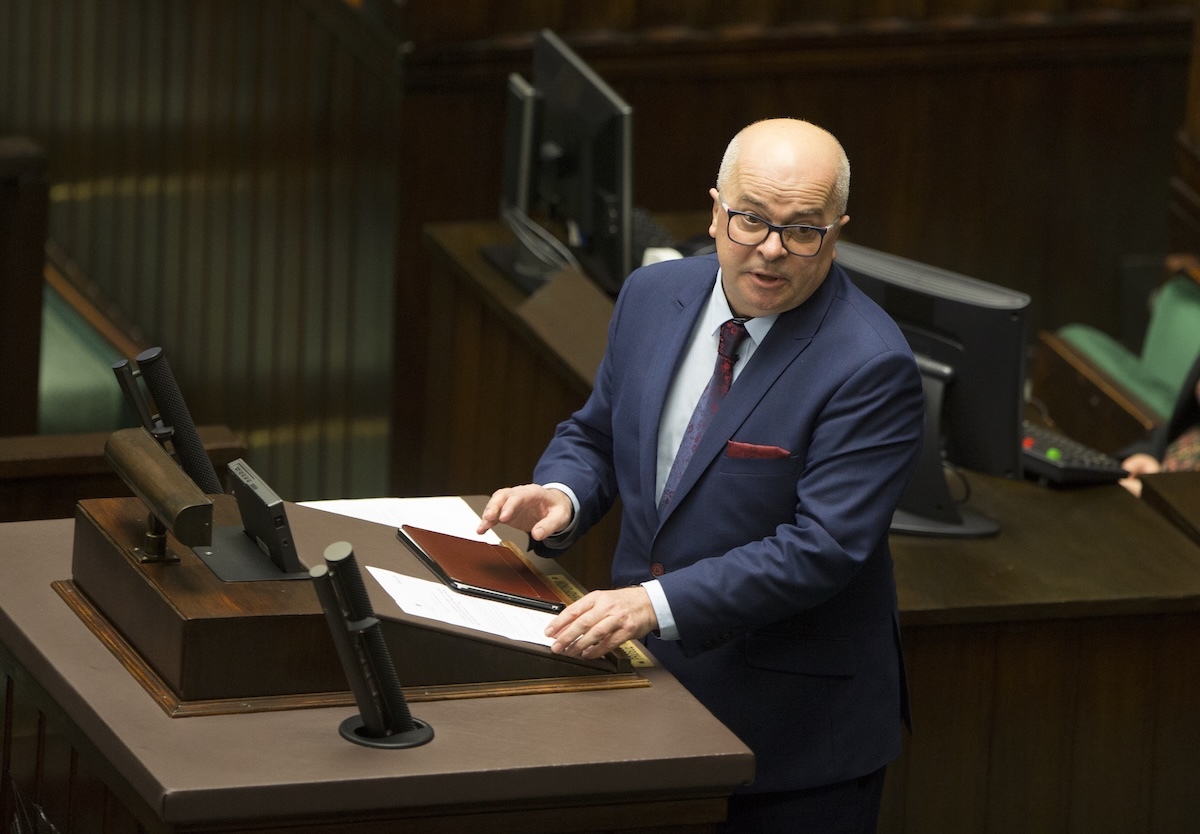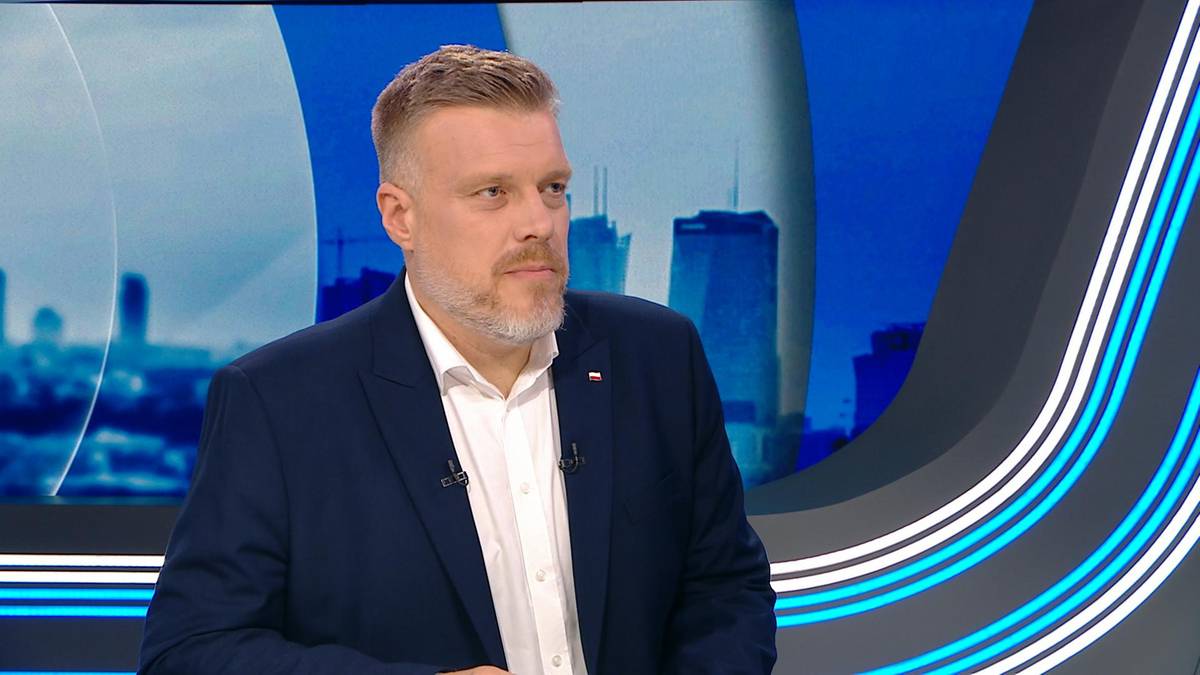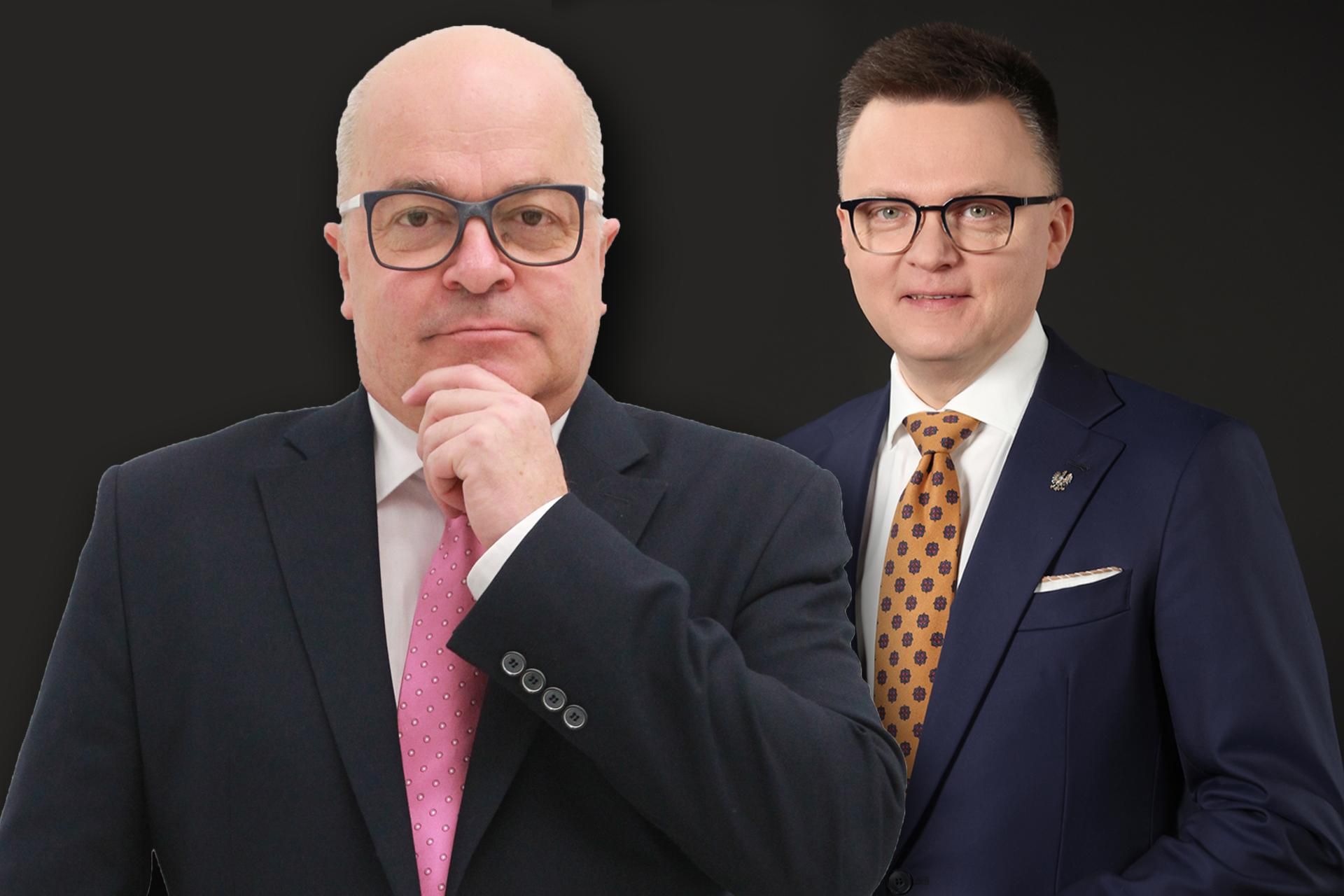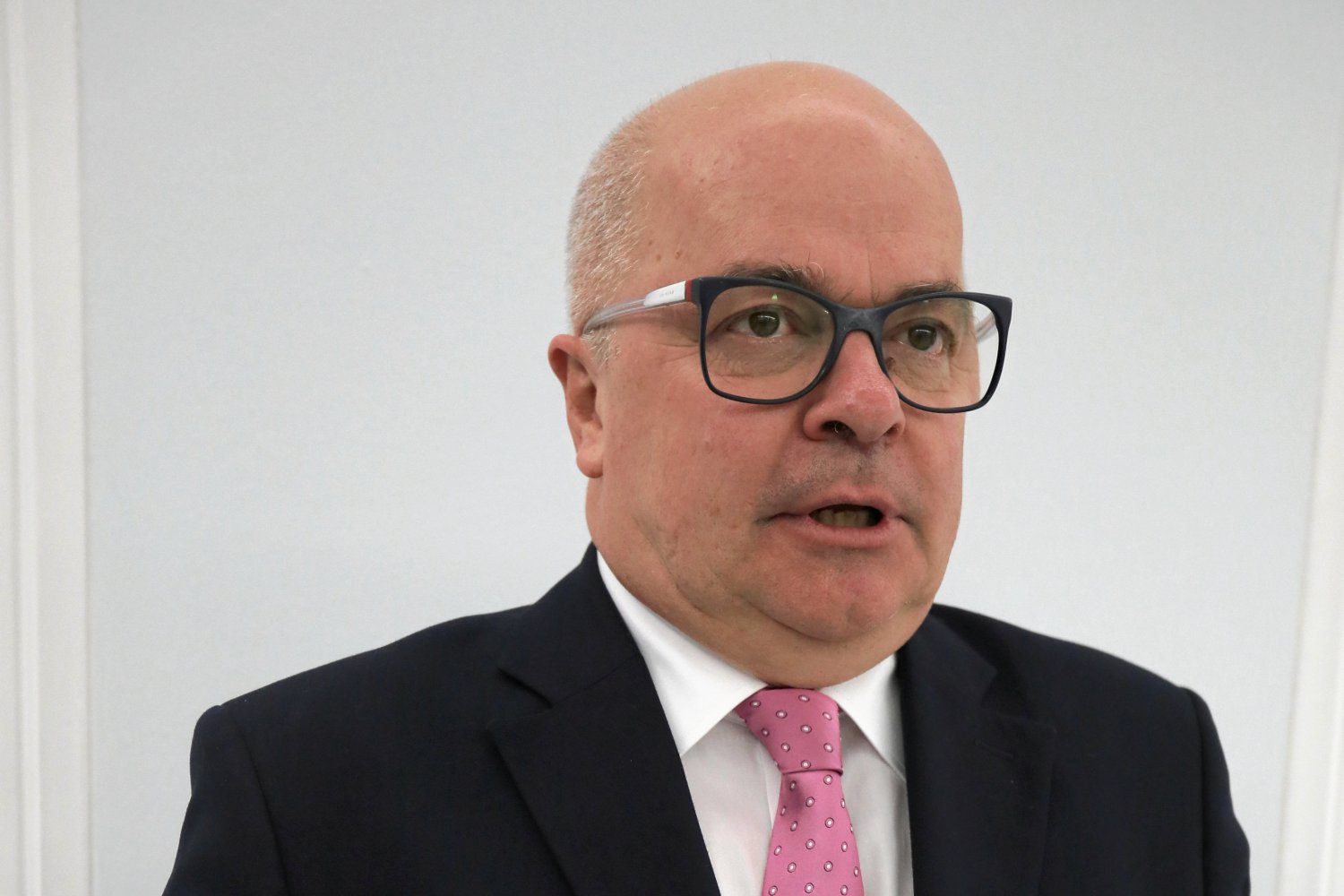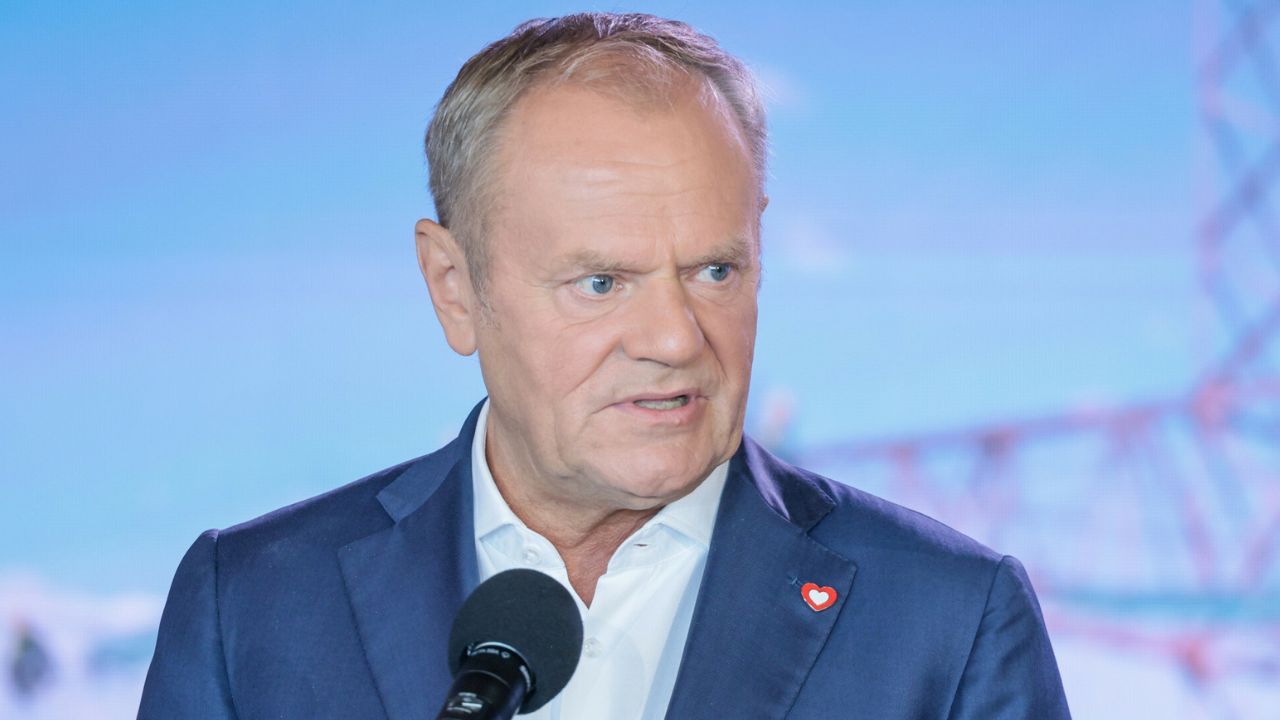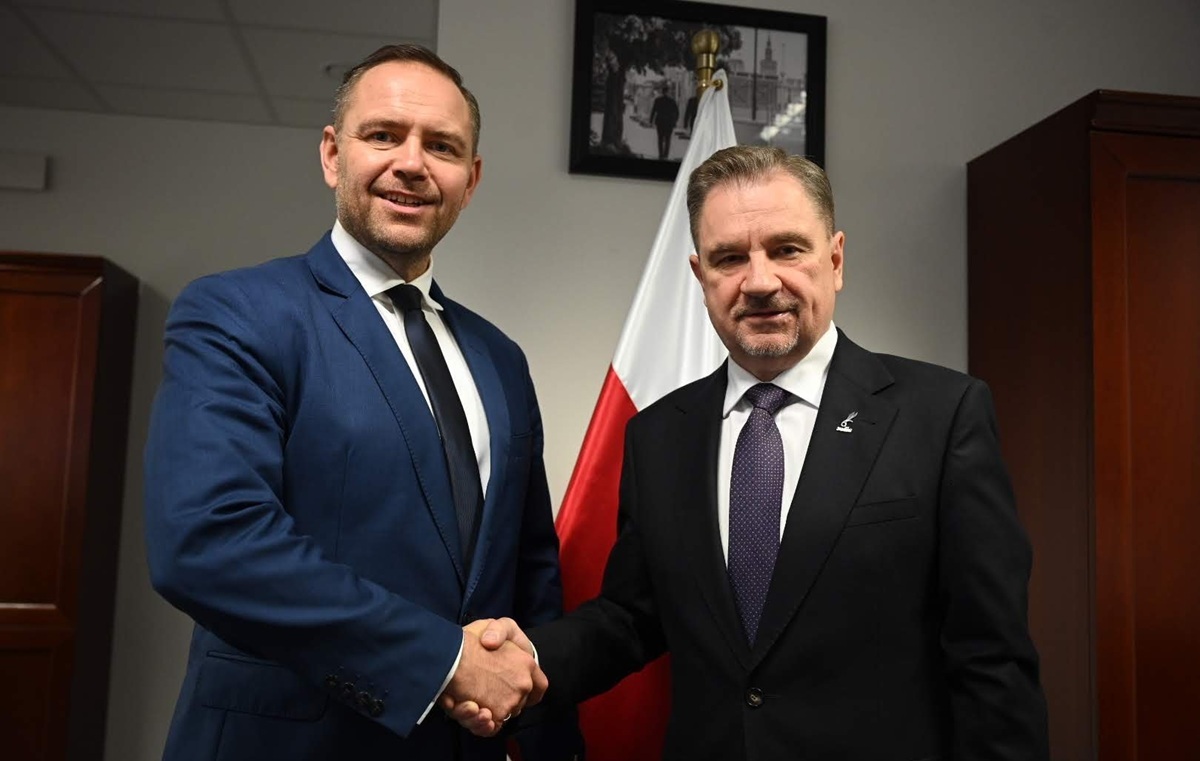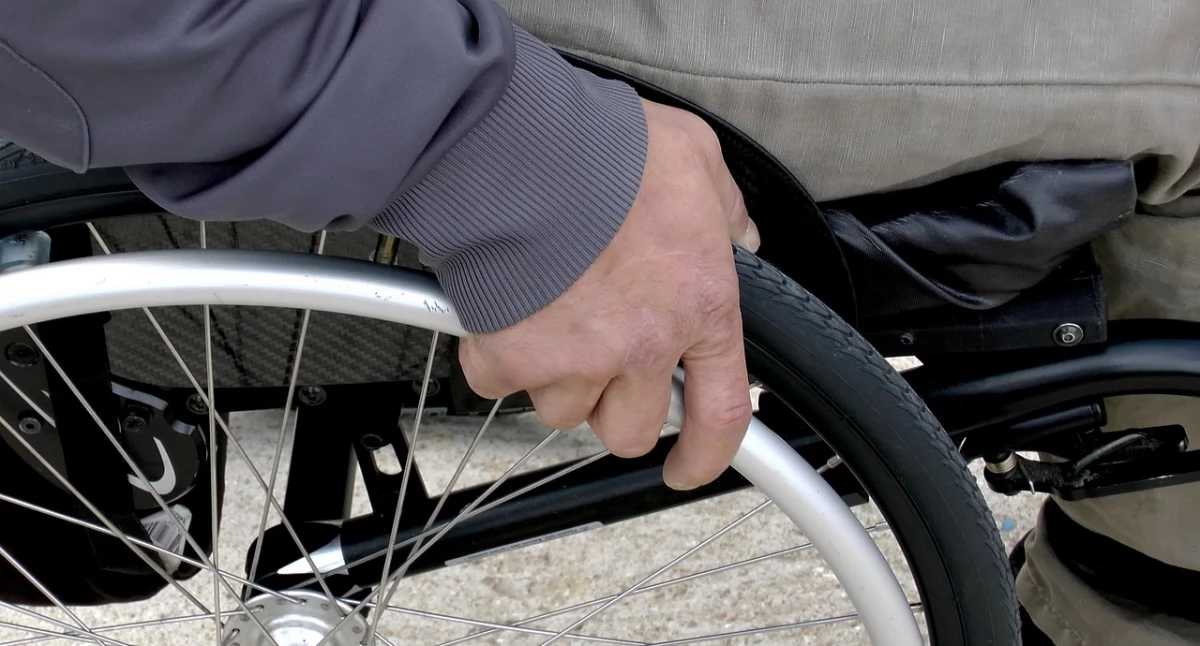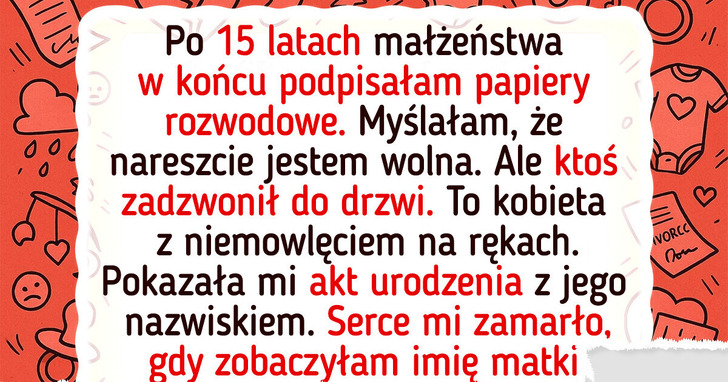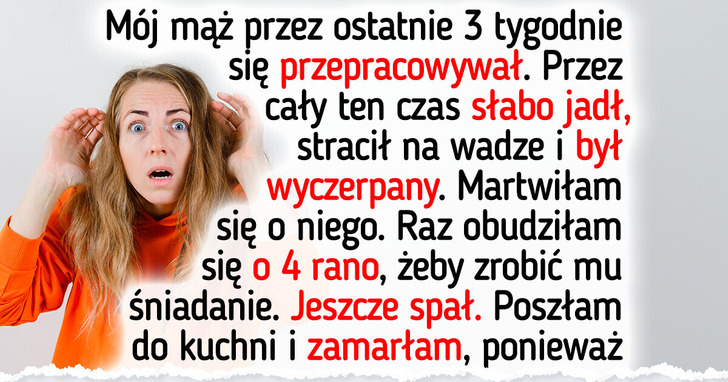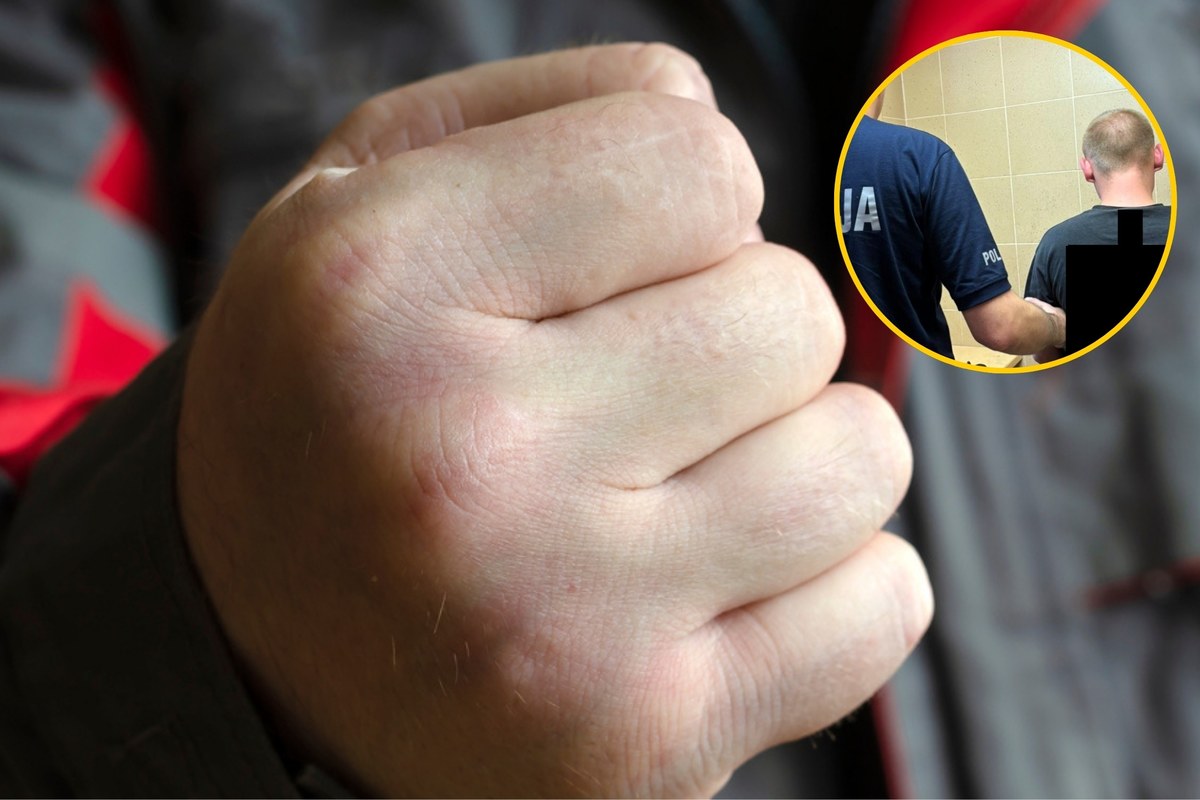‘In consequence to the question: What are you most afraid of in 2025? It turned out that we are peculiarly afraid about direct engagement of our country in war activities and the escalation of the conflict in the east of Europe. Both answers indicated 51.6 percent of the questions asked. The 3rd origin of concern is the anticipation of worsening the financial situation. 29 percent of respondents are afraid about this.
We are besides afraid about the deterioration of the wellness situation – 23.1% of indications – and the increase of misinformation in public spaces – 22.3%. Many of us are besides afraid about politics, including the settlement of this year's presidential elections. 17.8% are afraid of the possible win of Karol Nawrocki, and 16.8 percent feel anxious about the hypothetical triumph of Rafał Trzaskowski. According to the poll, concerns about the deepening of disputes in the judiciary (14%) and the worsening of the political conflict (11.2%) were besides pointed out in further places. We are besides afraid about the worsening of the climate crisis (12.2%).
– The results show clear: we are entering the fresh 2025, with large concern. I think this should be a clear signal to the rulers that people are not entirely satisfied with what direction not only our country is heading, but besides the full region of Central and east Europe – assessed Dr hab. Szymon Ossowski, prof. of UAM in Poznań and dean of the Faculty of Political Sciences and Journalism there (...)".
According to another survey conducted by Ariadne's National investigation Panel, the most people – 22 percent – fear advanced bills this year. 19 percent said they were afraid of worsening their health. The following positions included concerns about advanced prices in stores and political situation in Poland. consequence I'm not afraid of anything selected only 4% of respondents. The survey was conducted utilizing the CACI (Computer-Assisted Web Interviewing) method, which allows for fast and reliable results.
They were carried out on a nationwide typical example of 1134 people, which ensures that the results reflect the opinion of the public. 11% of respondents could not find their concerns by choosing an answer It's hard to say..

